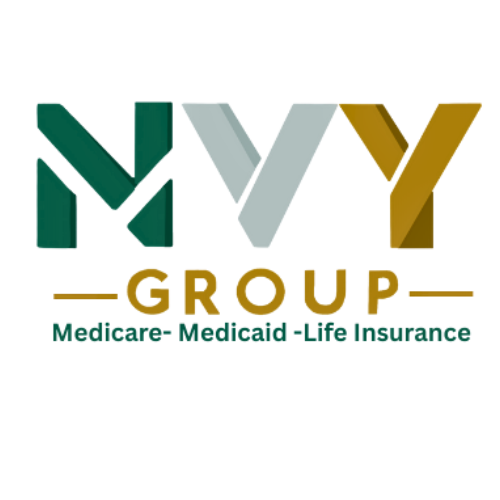FAQs
Notary Frequent Question
Use the calendar below to schedule the next available General Notary appointment at your home or office.
Once you book your appointment, you will receive a confirmation email. You will be contacted with any follow-up questions prior to your appointment.
You will need a valid photo ID and the document(s) that you would like to have notarized.
Once you have chosen your service type, date and time available, you will be able to make a $15 deposit to hold your appointment time. This amount will be credited against the final invoice for the service that you choose.
NO, a signer must appear face to face before a Notary to have their signature notarized. Asking a Notary to notarize a signature if the signer is not present is a criminal act.
No. Notaries are not legally allowed to create or provide documents for a signing. Our sole role is to confirm the identity of the signer(s).
Notarial Certificate Information
Jurat- Is used when the signer is swearing to the validity of the content of a document and requires a notary to administer an oath or affirmation to the signer Acknowledgement-Is used to verify the identity of a signer and confirm that they are the person who signed the document.
Please Note: A notary is legally prohibited from telling a signer what certificate they should get.
At this time, I only offer mobile services. I will meet you at any location you prefer. My service area includes:
As a mobile notary, I can provide convenience by providing door-to-door notary services. As it is a convenience I offer, my travel time and the cost is calculated as a travel fee.
Medicare Frequent Asked Question
Basically, a Medicare Advantage Plan is like a bundled package of healthcare benefits.
- Short-term care is typically needed for a limited period, such as after a surgery or during a recovery from an illness. It can be provided in a hospital, rehabilitation facility, or at home.
- Long-term care is needed for individuals who require ongoing assistance over an extended period. It can be provided in a nursing home, assisted living facility, or at home.
